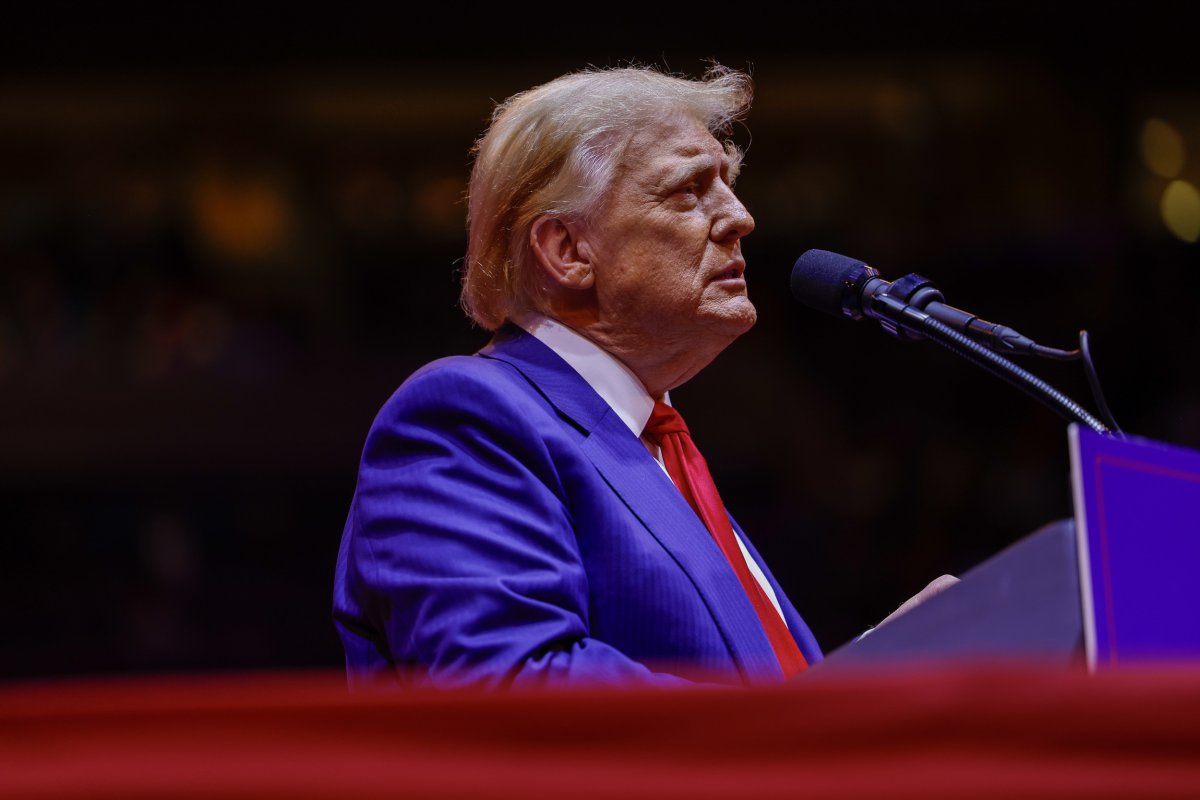Leading Republicans have united in support of former President Donald Trump, vehemently denouncing a recent verdict from the Colorado Supreme Court that may result in his exclusion from the state’s 2024 primary ballot.
This ruling has triggered a robust backlash from GOP leaders who argue that it poses a threat to democratic principles. GOP Chair Ronna McDaniel and other prominent figures within the party have gone so far as to label it an unprecedented act of “election interference.” The controversy surrounding this decision underscores the intensity of the debate within the GOP about ensuring fair and open access to the electoral process.
“This irresponsible ruling will be appealed to the U.S. Supreme Court and our legal team looks forward to helping fight for a victory,” Ms. McDaniel wrote on X, formerly Twitter. She declared that the Republican nominee “will be decided by Republican voters, not a partisan state court.”
Republicans in Congress overwhelmingly expressed a unified sentiment against what many deemed an egregious violation of democratic principles.
Leading the charge, House Speaker Mike Johnson characterized the ruling as a “thinly veiled partisan attack.” He voiced confidence that the U.S. Supreme Court would ultimately overturn this decision, further highlighting the determination among Republicans to challenge what they perceive as a threat to the integrity of the democratic process. The uproar over the ruling underscores the party’s commitment to defending the principles of fair and open elections.
“Regardless of political affiliation, every citizen registered to vote should not be denied the right to support our former president and the individual who is the leader in every poll of the Republican primary,” Mr. Johnson said on X. “We trust the U.S. Supreme Court will set aside this reckless decision and let the American people decide the next President of the United States.”
House Republican Conference Chair Representative Elise Stefanik (N.Y.) echoed the prevailing sentiment, asserting that the ruling was “unprecedented” and amounted to “illegal election interference against President Trump.” Stefanik went on to suggest that, paradoxically, this decision could ultimately work in favor of Trump’s campaign, emphasizing the potential for a backlash against what many Republicans view as an unjust hindrance to the democratic electoral process.
“Apparently democracy is when judges tell people they’re not allowed to vote for the candidate leading in the polls? This is disgraceful,” he wrote on X. “The Supreme Court must take the case and end this assault on American voters.”
Other Republican senators, such as Eric Schmitt (R-Mo.), Mike Lee (R-Utah), Steve Daines (R-Mo.), and Rick Scott (R-Fla.), vehemently criticized the decision by the Colorado Supreme Court, characterizing it as “lawless,” “cynical,” and “unprecedented.” These senators pledged swift action to “immediately reverse” what they perceived as “blatant election interference” that, in their view, “will backfire.”
In the House, several Republicans, including Representatives Jim Banks (R-Ind.), Lauren Boebert (R-Colo.), and Matt Gaetz (R-Fla.), went further, accusing “liberals on the Colorado Supreme Court” of attempting to impede President Trump’s presence on the ballot. Gaetz drew a stark parallel, likening these actions to those undertaken by dictators. The widespread condemnation from various Republican lawmakers underscores the gravity with which they view the Colorado Supreme Court’s decision and its potential ramifications for the democratic electoral process.
“This is extreme judicial activism that is designed to suppress the vote and voices of hundreds of thousands of Coloradans, which is absolutely unacceptable,” Ms. Boebert, who is from Colorado, wrote on X.
Mr. Gaetz wrote: “Democrats are trying to imprison their chief political opponent and have now apparently succeeded at removing him from the ballot. This is what dictators do.”
 Telegram is where we really talk. Don't miss out!
Telegram is where we really talk. Don't miss out!








